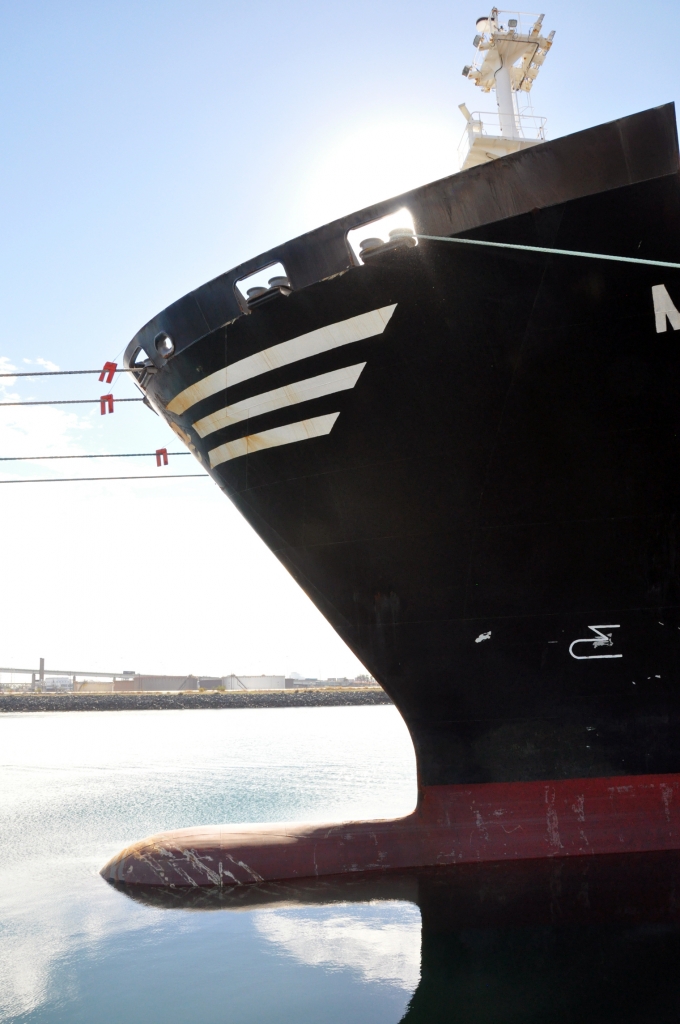Sounds impossible and confusing, right? But this is a very real scenario, albeit a rare one.
When you book cargo on a vessel you are actually entering into a joint business venture (a “sea adventure”) with a vessel owner. The ship owner, master, crew, and cargo owners all have a stake in the adventure. The concept is that if there is a problem on that voyage, the losses suffered for the good of all parties to a maritime venture should be borne by all parties to the venture. This is known as general average.
While no copy of the Lex Rhodia exists, Rhodian maritime law survived until the Roman Empire, was adopted by the Romans and is cited in Book 2, Title 7 of the Roman law text, Opinions of Julius Paulus, around 235 A.D. The concept was codified into Roman law by Justinian in 533 A.D., and subsequently adopted by all maritime nations.
The U.S. Supreme Court in the Star of Hope case of 1870 (75 U.S. 203) defined general average as “a contribution by all parties in a sea adventure to make good the loss sustained by one of their members on account of sacrifices made on the part of the ship or cargo to save the residue and lives of those on board from an impending peril, or for extraordinary expenses necessarily incurred by one or more of the parties for the general benefit of all the interests embarked in the enterprise.
Losses which give a claim to averages are usually divided into two great classes: (1) Those which arise from sacrifices of part of the ship or part of the cargo (jettison), purposely made in order to save the whole adventure from perishing: (2) Those which arise out of extraordinary expenses incurred for the joint benefit of ship and cargo.”

Three requirements are required for general average: a) common imminent danger, b) voluntary act of sacrifice for the common benefit of the venture and c) the successful avoidance of the common peril.
Applying these concepts, even if another shipper’s container needs to be thrown overboard in the midst of a violent storm to save the lives of the ship’s crew or the ship itself, the costs to make the shipper of that container whole to the port of destination will be borne by all the shippers. Given the stability of modern container vessels, this is a rarity nowadays. Another example involves a ship that has run aground and in order to float the ship the cargo must be jettisoned.
Acts of piracy are considered general average acts. Ransom paid by a ship’s owner to save a ship, crew or cargo is covered as a general average contribution. The thinking is that the cost to all parties to the adventure by paying the ransom is less than the total loss that would otherwise occur. Ransom may be paid in the form of money or in the form of cargo. Given the prevalence of piracy over the last few years, if your shipment is passing parts of East or West Africa, you are at risk, even if the final destination is not an area where piracy is rife.
The topic of general average and its interpretation by courts around the world is complex and nuanced and we do not attempt to delve into these issues here. Suffice it to say, there are good reasons to ensure that all your future shipments are covered by adequate marine insurance and protecting your shipment against the concept of general average is certainly one of them.
